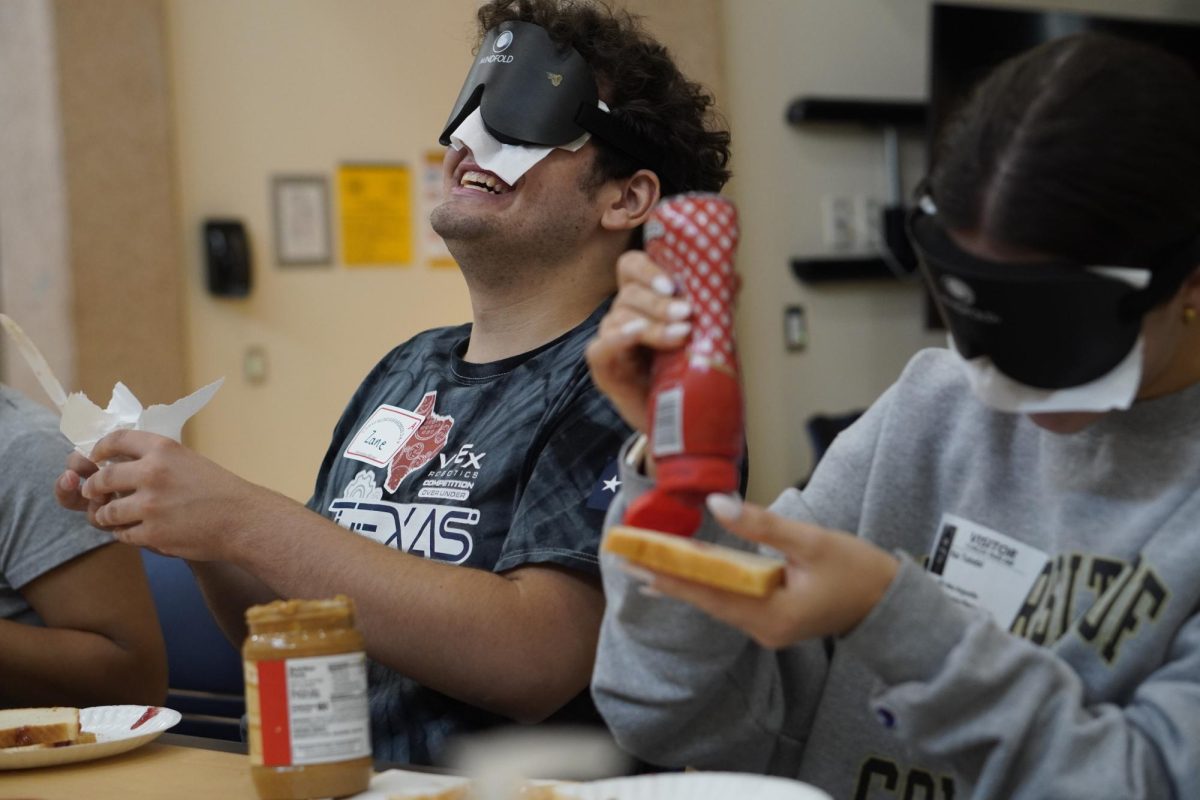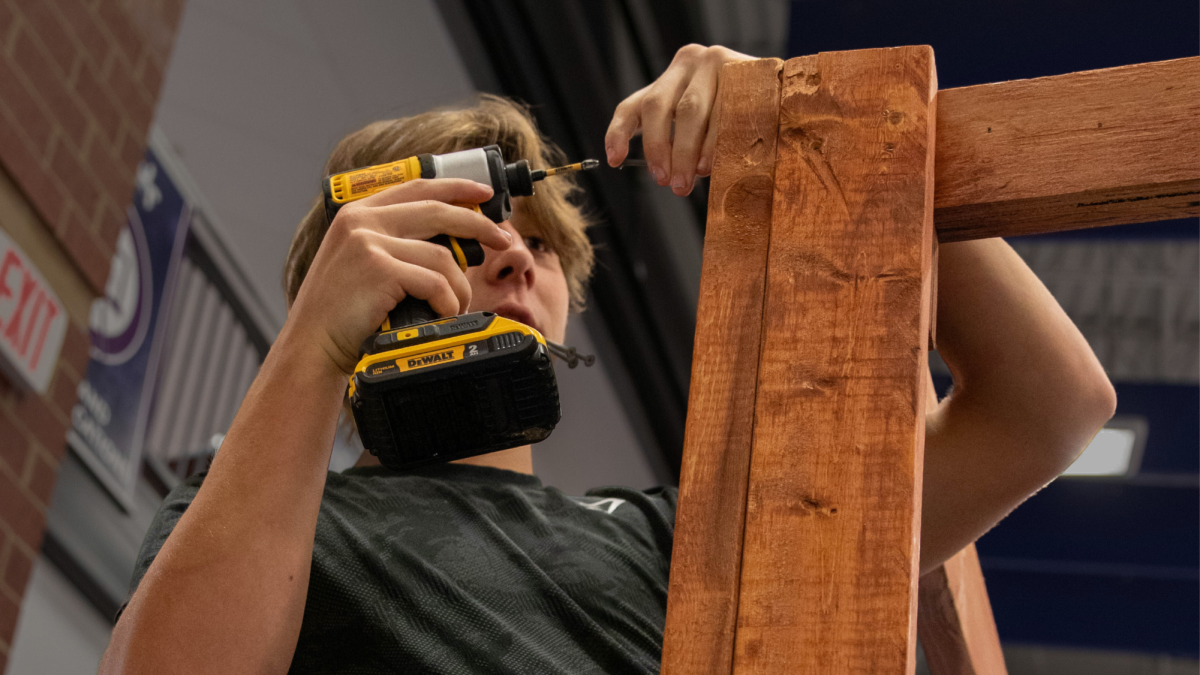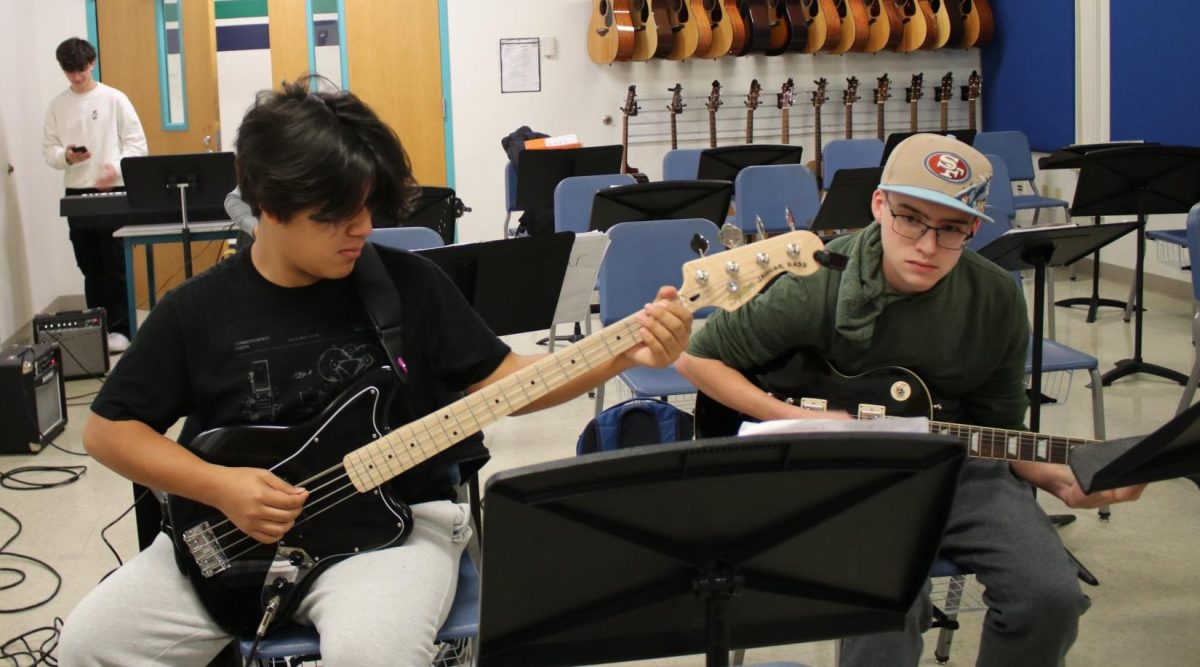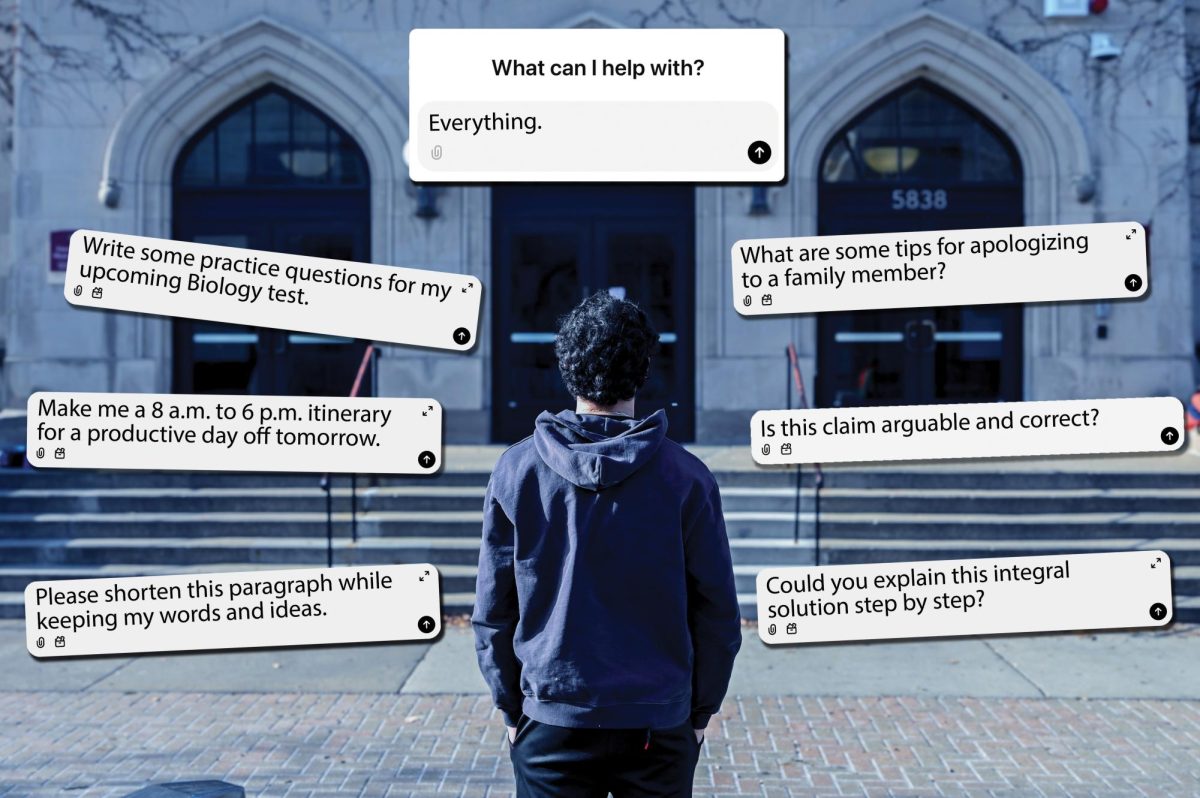Since general artificial intelligence platforms became widely accessible to the masses two years ago, AI has become for many students a valuable learning tool that streamlines answers and sifts through incalculable amounts of information within a few seconds — but some educators still consider it more of a threat than an advantage. The newer AI model is trained on more websites than its November 2022 release, which improves its accuracy substantially, makes it more reliable and, many people believe, a better tool to cheat.
English teacher Mark Krewatch emphasized that the English department’s recently added policy requires students to show the process of their English assignments. Essentially, if a student submits a piece of work that strikes their teacher as questionably sourced and they can’t show their process work, they’re on the hook for cheating.
“What’s sort of implied, if not explicitly stated, is that if I give you an assignment and you don’t show me the work, then I think it’s not your work,” Mr. Krewatch said.
Junior Isolde LaCroix-Birdthistle used ChatGPT along with the rest of her English class in a translation exercise during their “Beowulf” unit, a teacher-approved activity designed to explore the different ways to translate the poems from Anglo-Saxon to modern speech. She said it was an interesting look into the use of AI for language.
“It was definitely easier than going through and finding every translation word by word,” Isolde said, “but it was definitely wrong at some points, so most of the work was done by taking contextual bits from the book and using our own interpretations.”
Jeremy Birnholtz, a Northwestern University communication studies professor who specializes in human-computer interaction, said that he’s observed an overwhelmingly negative response to ChatGPT being used in school settings for any reason. Professor Birnholtz believes that a combination of AI’s sometimes inaccurate information and the impression that any use of it constitutes cheating are the main contributors to its bleak reputation.
“It kind of reminds me a little bit of the attitudes around Wikipedia, but sort of on steroids,” Dr. Birnholtz said. “Where, you know, 10 or 15 years ago, the conversation was about how nobody should use Wikipedia for serious education and how the fact that anybody could edit it meant that it was never accurate.”
Dr. Birnholtz said that while there are many risks and drawbacks associated with the use of AI platforms within education, it can often act as a really useful helping hand to students who want help with mundane tasks or bits of research as long as policies are clear for when it is OK to use.
“I don’t think it’s good to be in a world where students think that ChatGPT knows everything and faculty think that ChatGPT is just a way to cheat,” he said, “because neither of those things is true.”
Nina Wieda, an associate professor of instruction in the Chicago Field Studies program at Northwestern University, has students who use ChatGPT for small parts of academic progress or to take bits of work off their shoulders that have little or no educational value.
She says her students use ChatGPT to brainstorm for presentations, get ideas for new angles, for case studies or examples, while some professors are having students write papers in class in real time by hand, so that they still practice their skills. She said in preparation for that, ChatGPT is a good way to generate counterarguments to your ideas and find the best objections.
Dr. Wieda said she has also observed her students discuss ChatGPT’s merit for more personal assistance, like relationship advice, motivational conversations and more.
“Not everybody has a friend available all the time for that kind of support, and ChatGPT can be that friend with whom you develop ideas in dialogue,” Dr. Wieda said. “Recreationally as well, I know that my students use ChatGPT for relationship advice. Some even report to me that they sometimes find ChatGPT to be a better friend than actual physical friends because it’s always available, never asleep, and always willing to provide you with feedback and advice to cheer you up or anything like that.”
This story was originally published on U-High Midway on December 19, 2024.

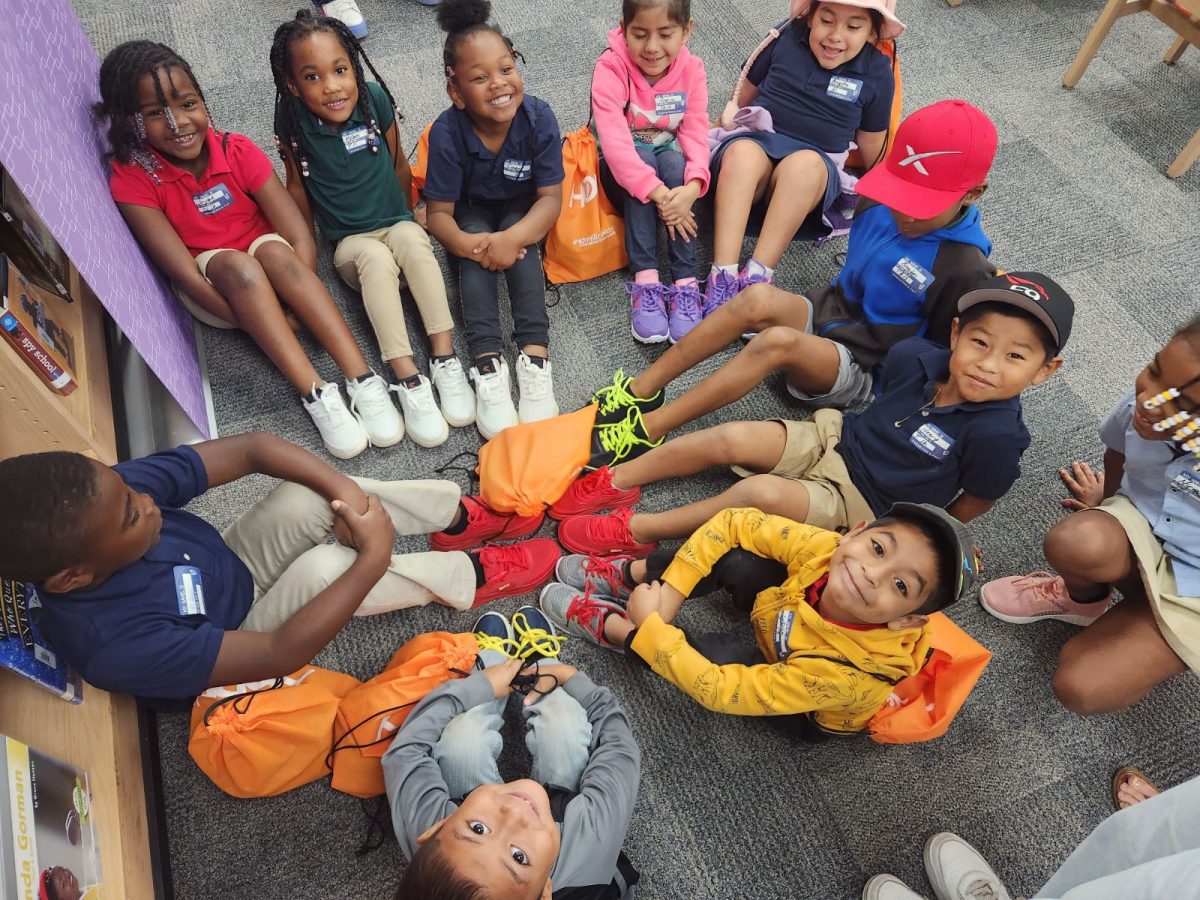
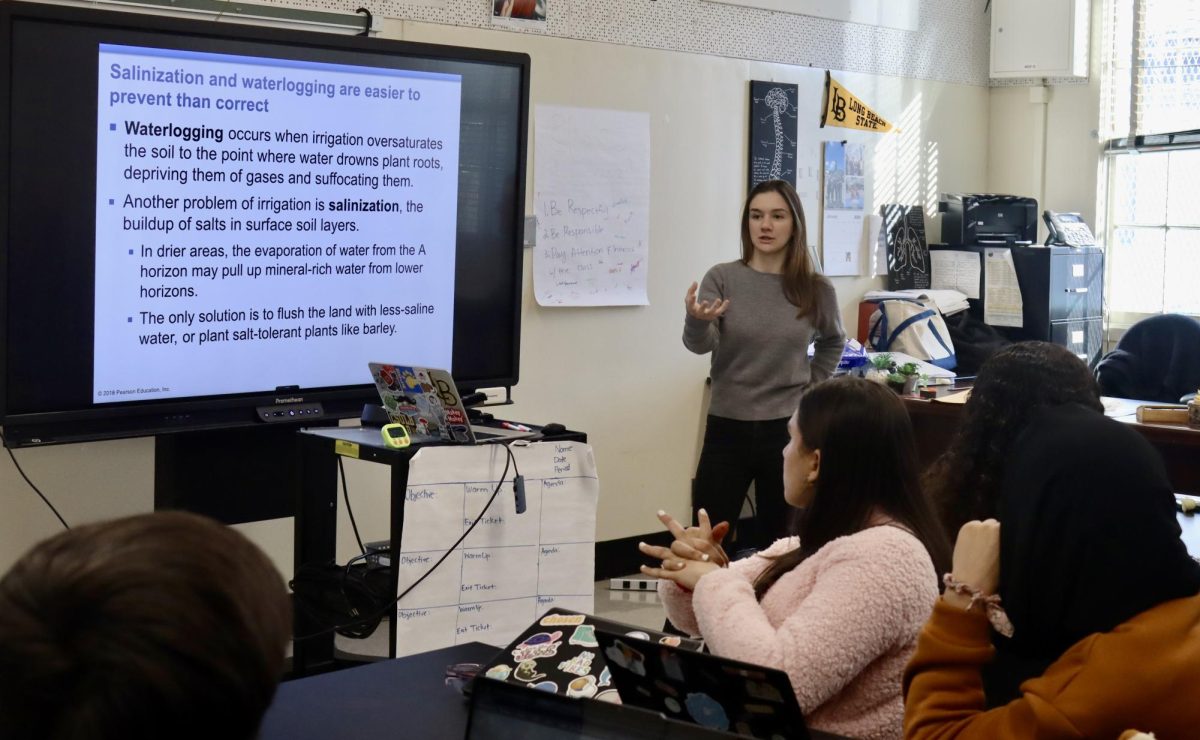
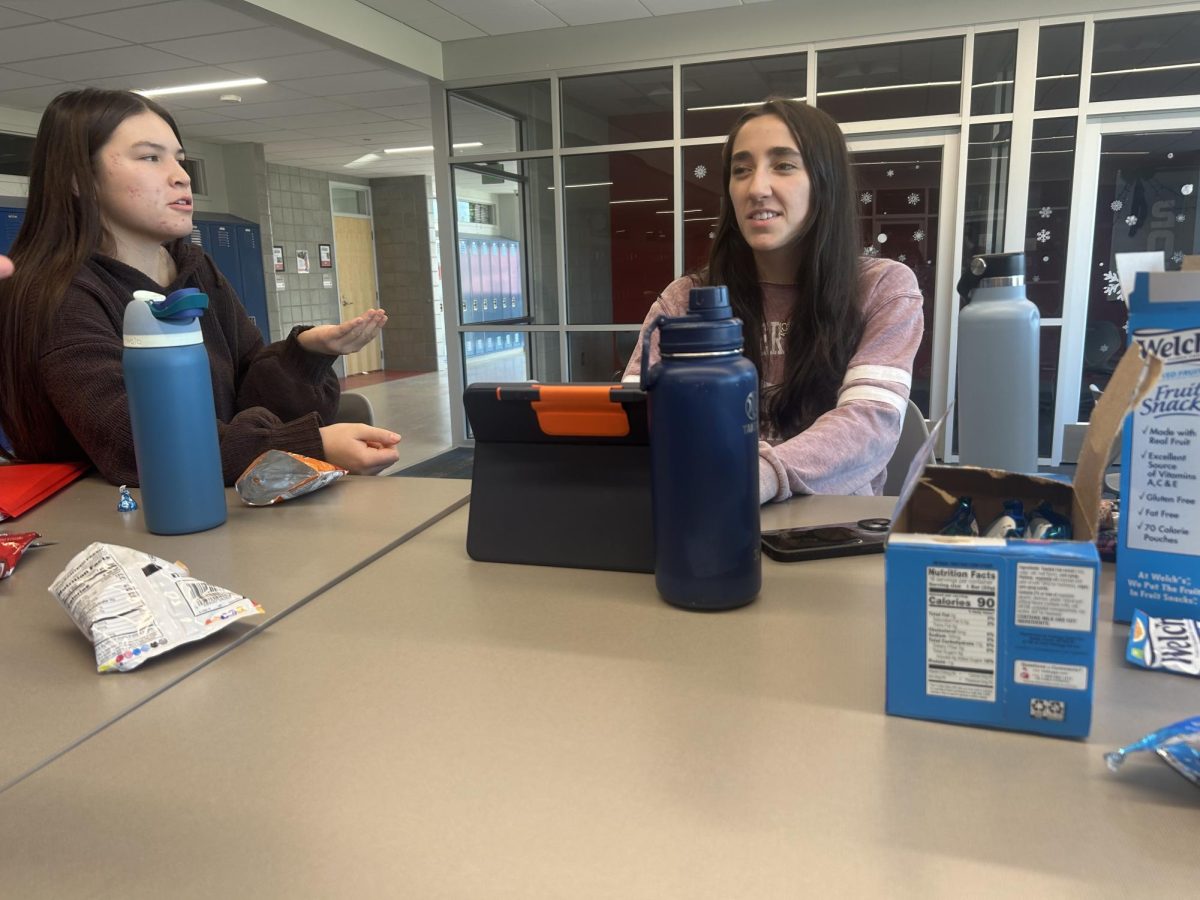


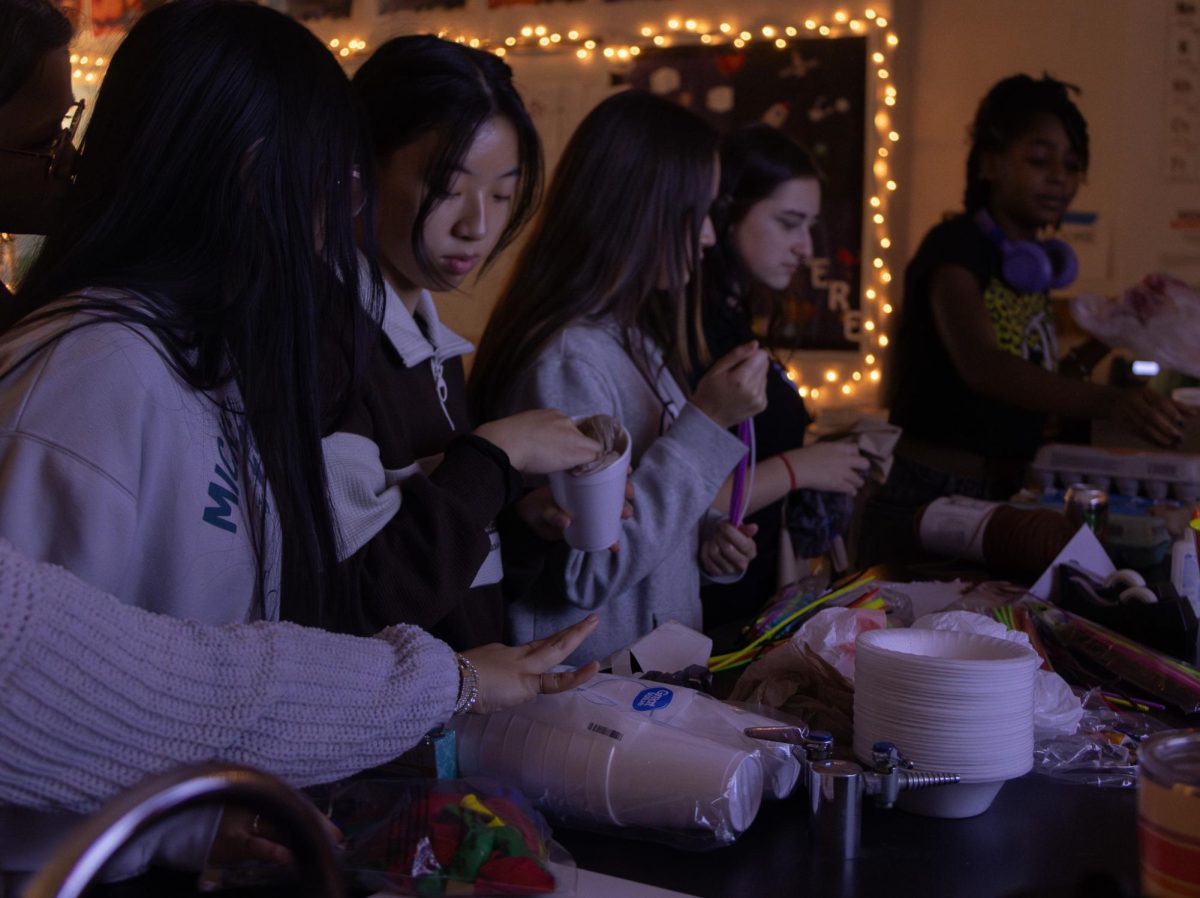
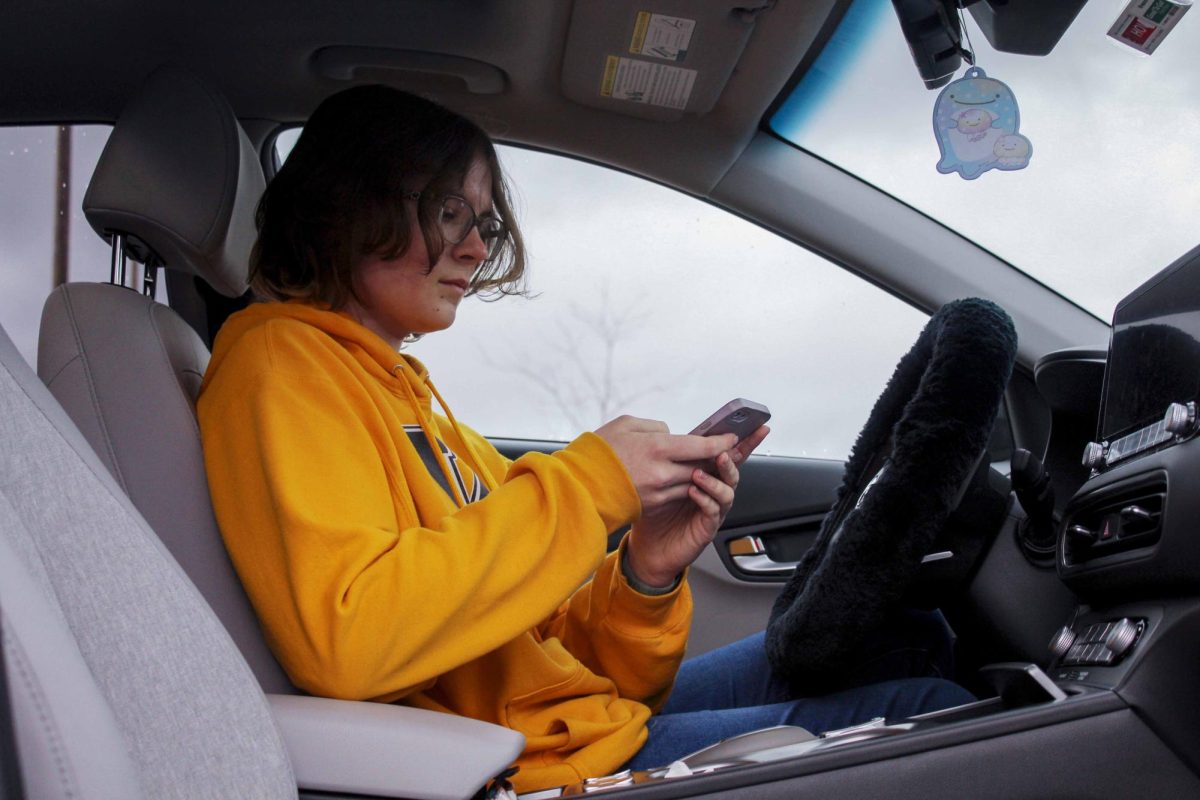
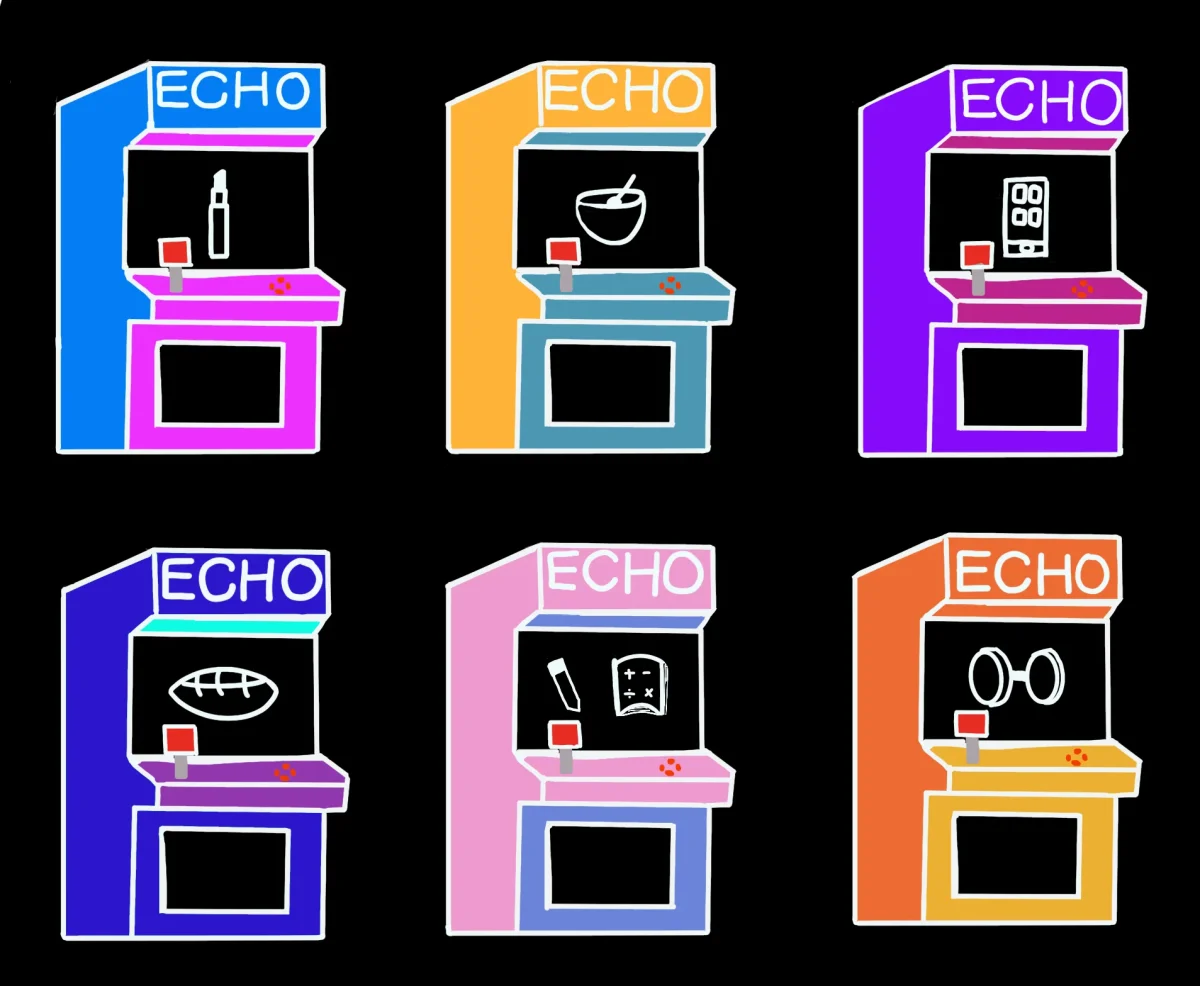
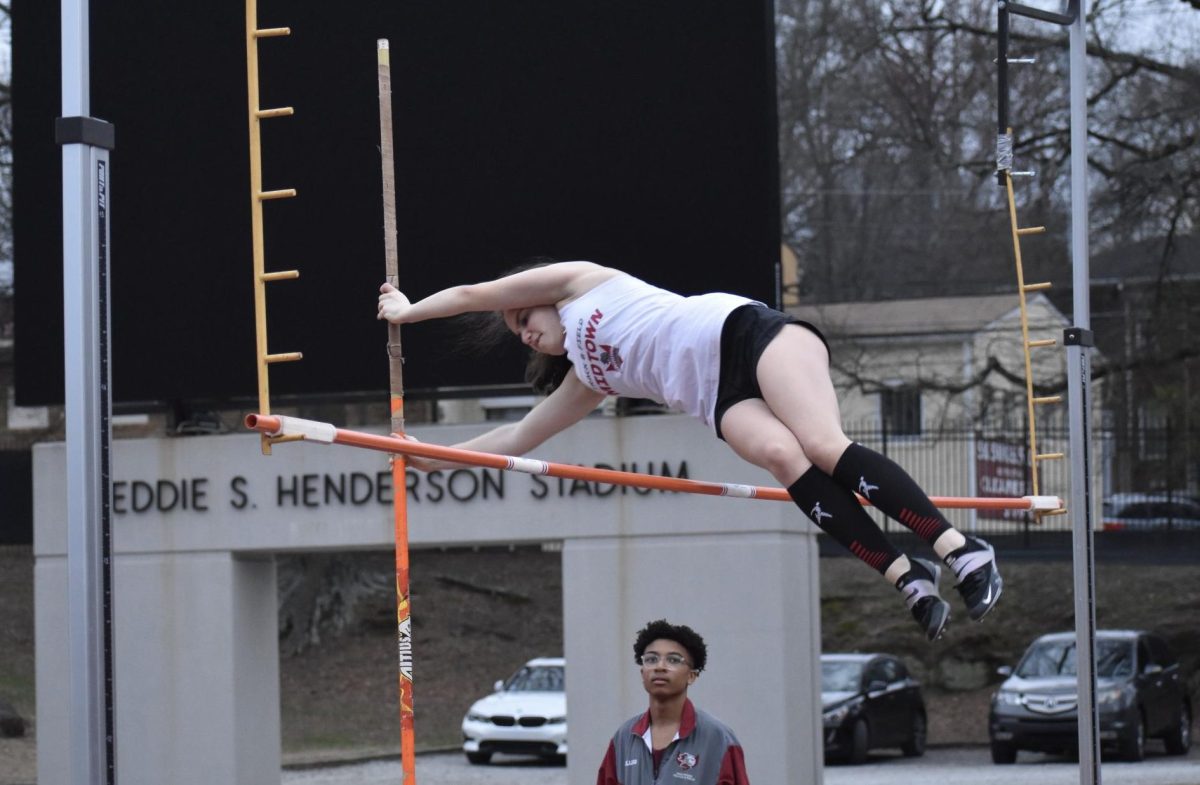
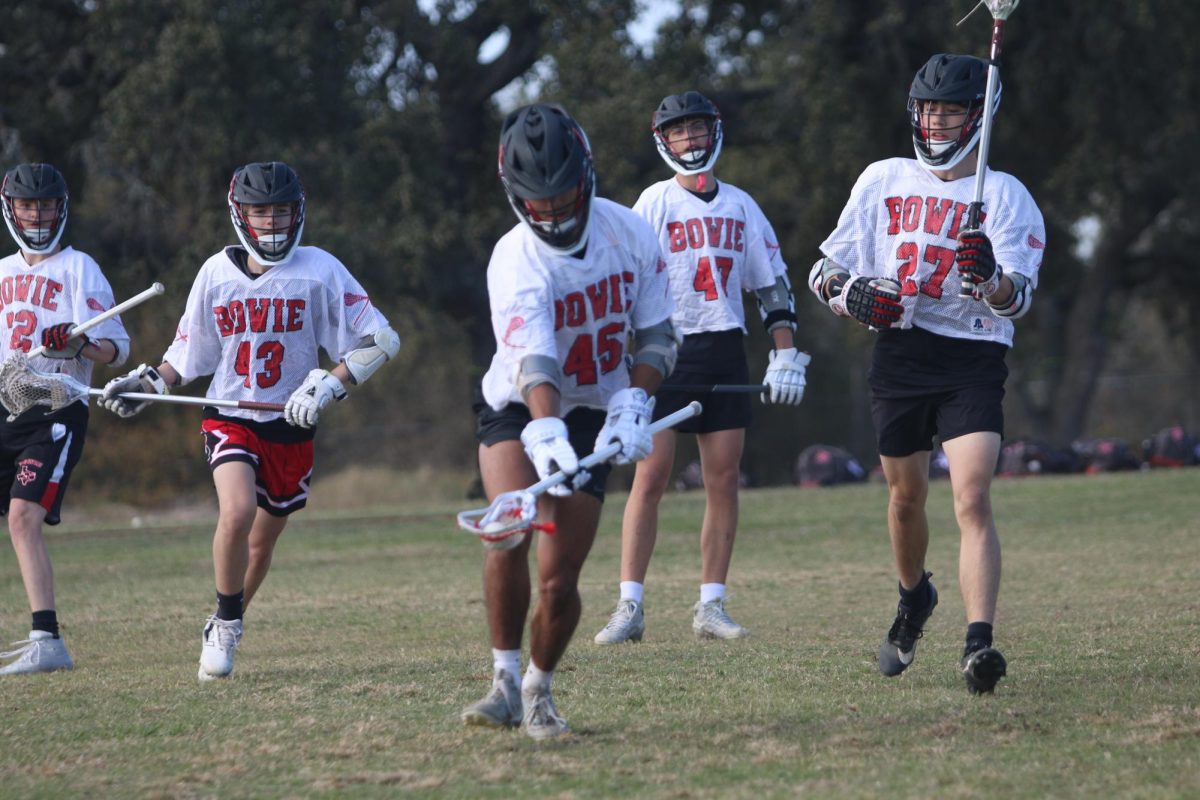




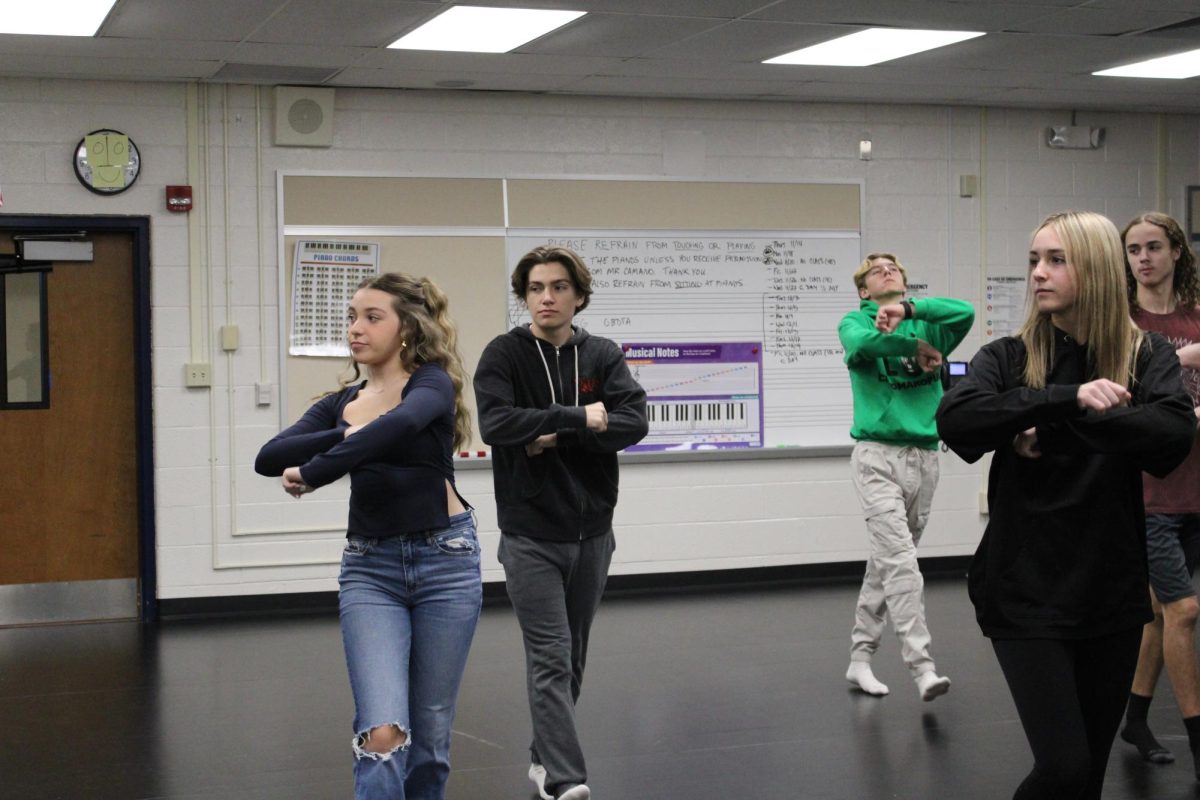
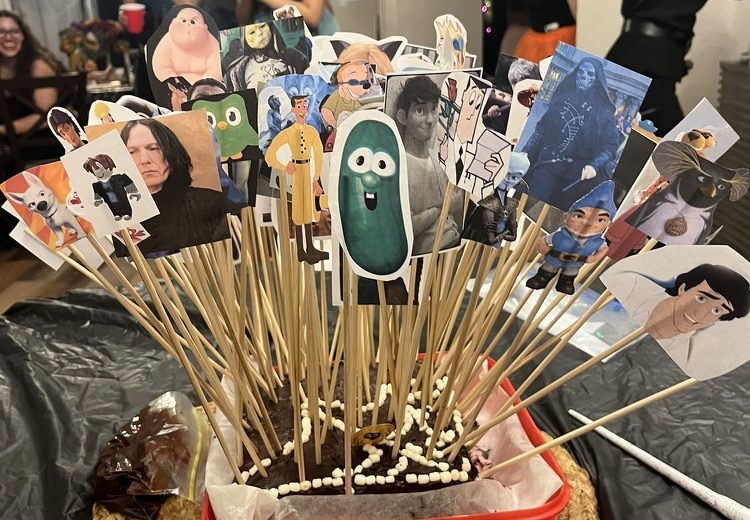
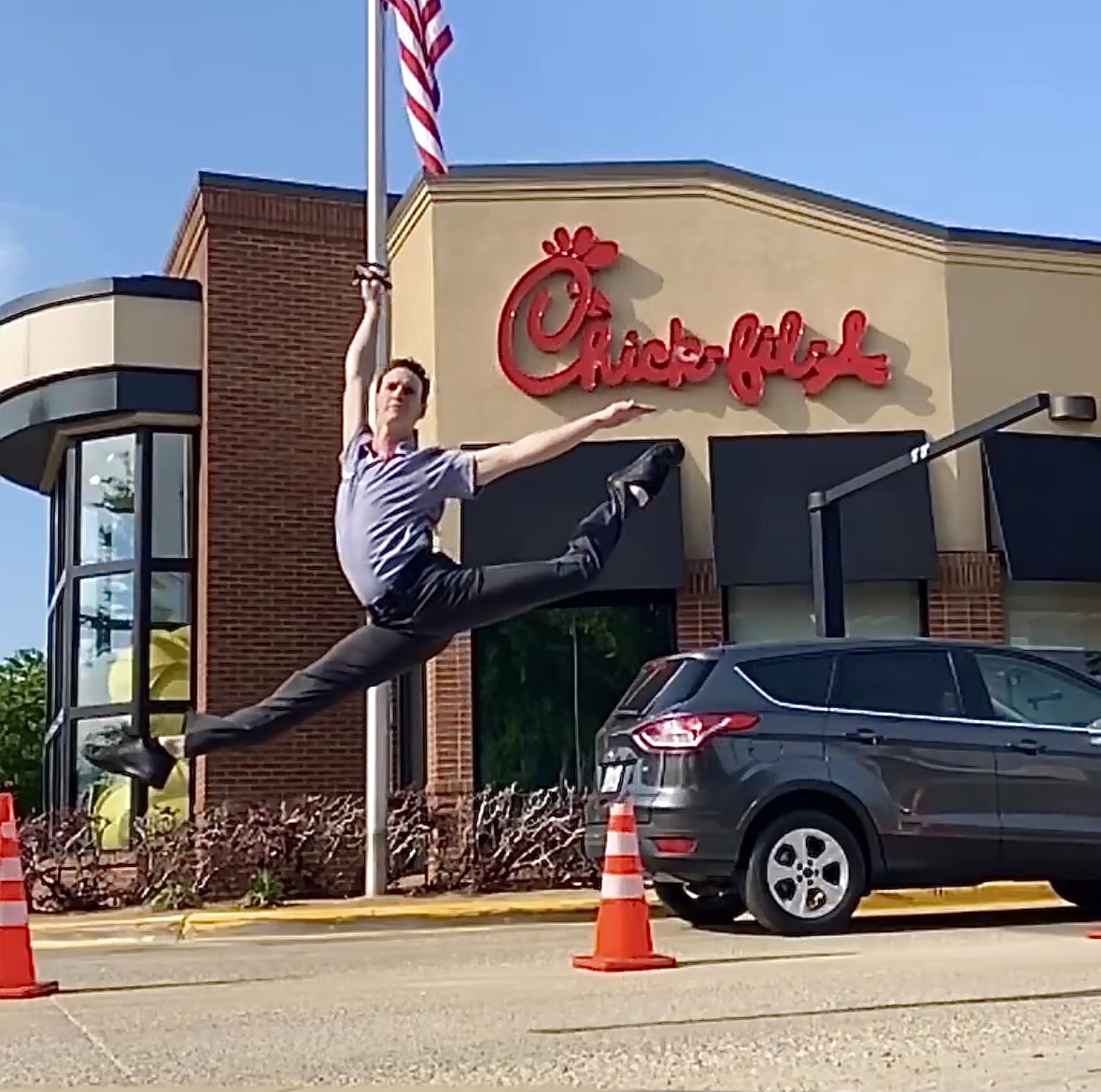

![Within the U.S., the busiest shopping period of the year is Cyber Week, the time from Thanksgiving through Black Friday and Cyber Monday. This year, shoppers spent 3.3 billion on Cyber Monday, which is a 7.3% year-over-year increase from 2023. “When I was younger, I would always be out with my mom getting Christmas gifts or just shopping in general. Now, as she has gotten older, I've noticed [that almost] every day, I'll open the front door and there's three packages that my mom has ordered. Part of that is she just doesn't always have the time to go to a store for 30 minutes to an hour, but the other part is when she gets bored, she has easy access to [shopping],” junior Grace Garetson said.](https://bestofsno.com/wp-content/uploads/2025/01/DSC_0249.JPG-1200x801.jpg)

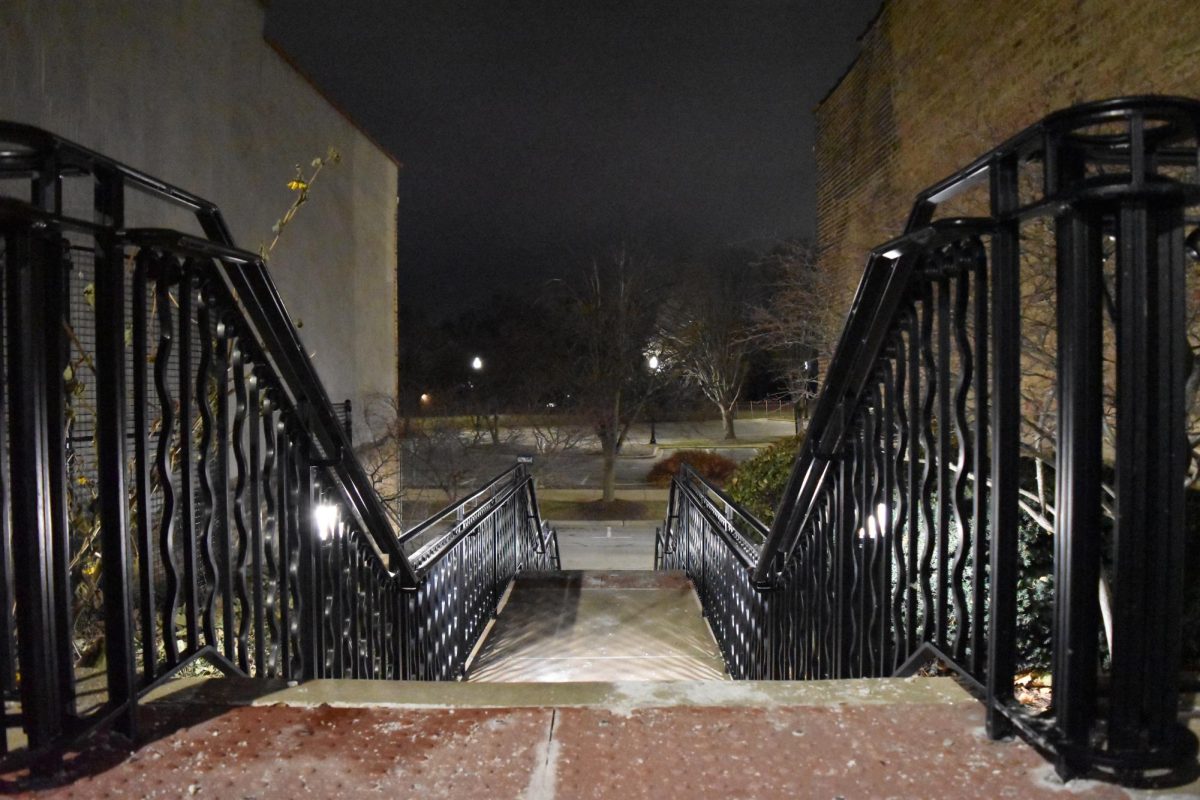


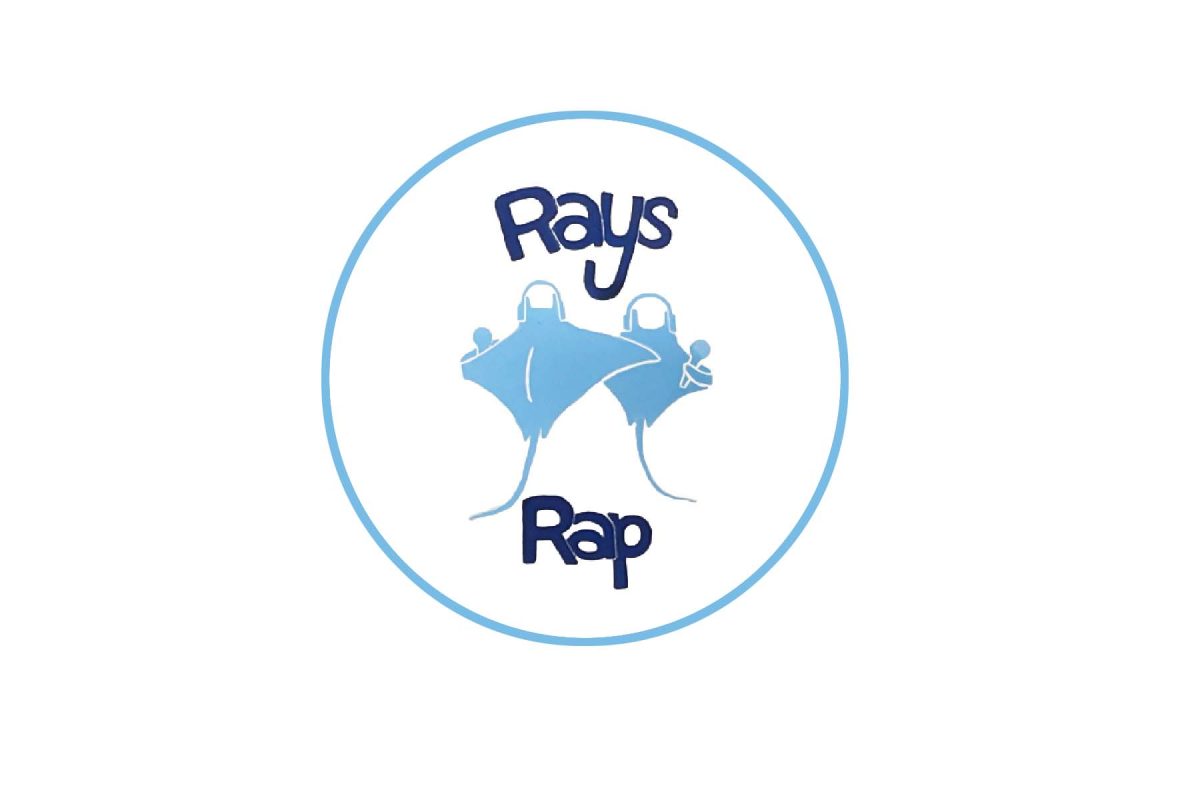
![French teacher Marieme Toure serves a plate of the Senegalese food she prepared for her AP French Language and Culture class, to senior Faiza Syed. “I never had Senegalese food before,” Syed said. “I thought it was so cool that she was able to bring a part of her culture [and] background to us.”](https://bestofsno.com/wp-content/uploads/2025/01/IMG_0798-1200x906.jpeg)
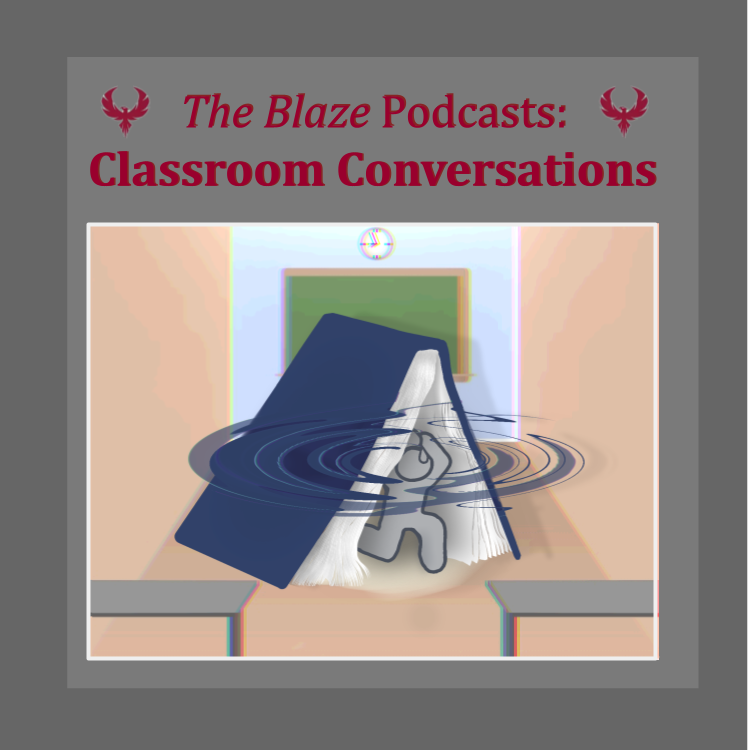
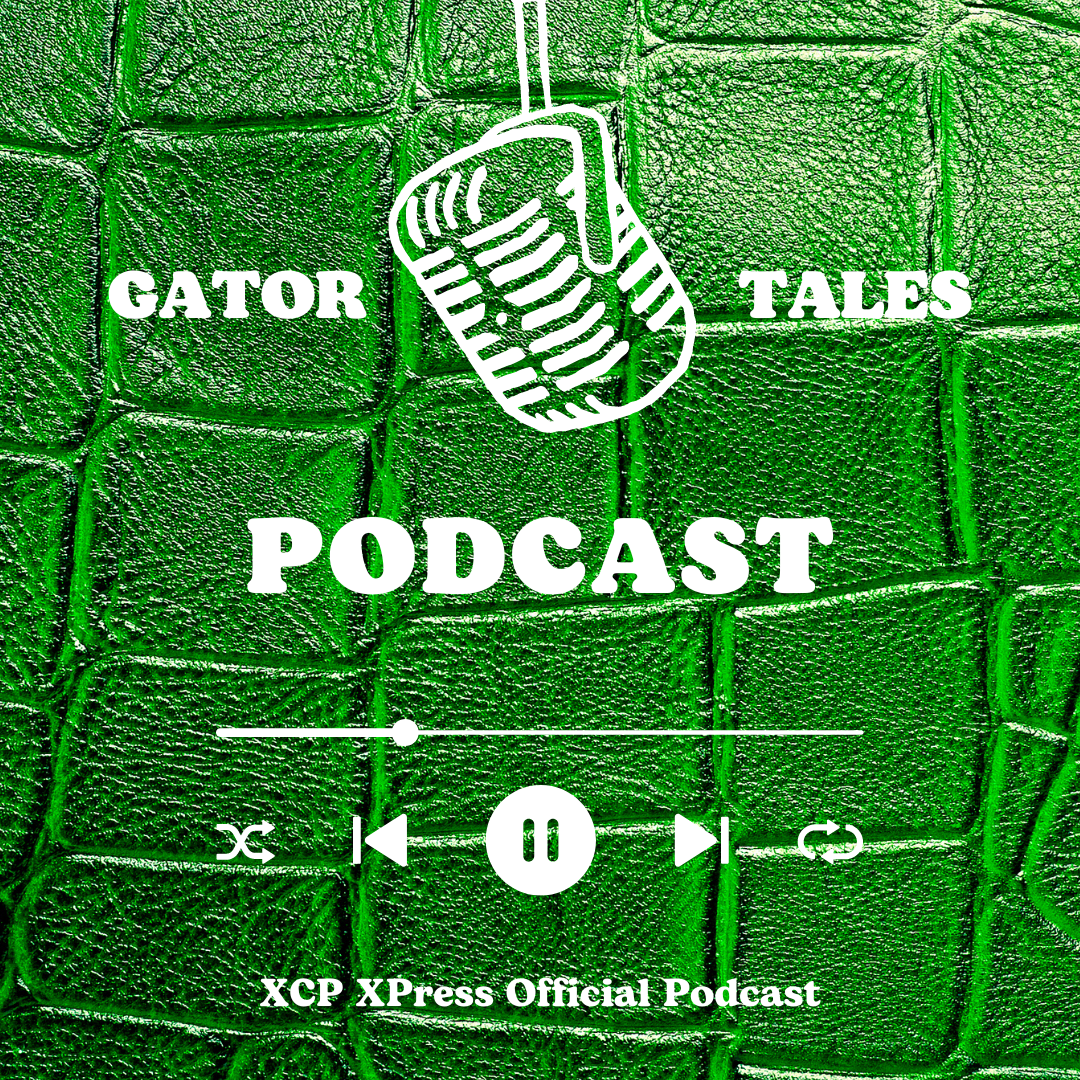

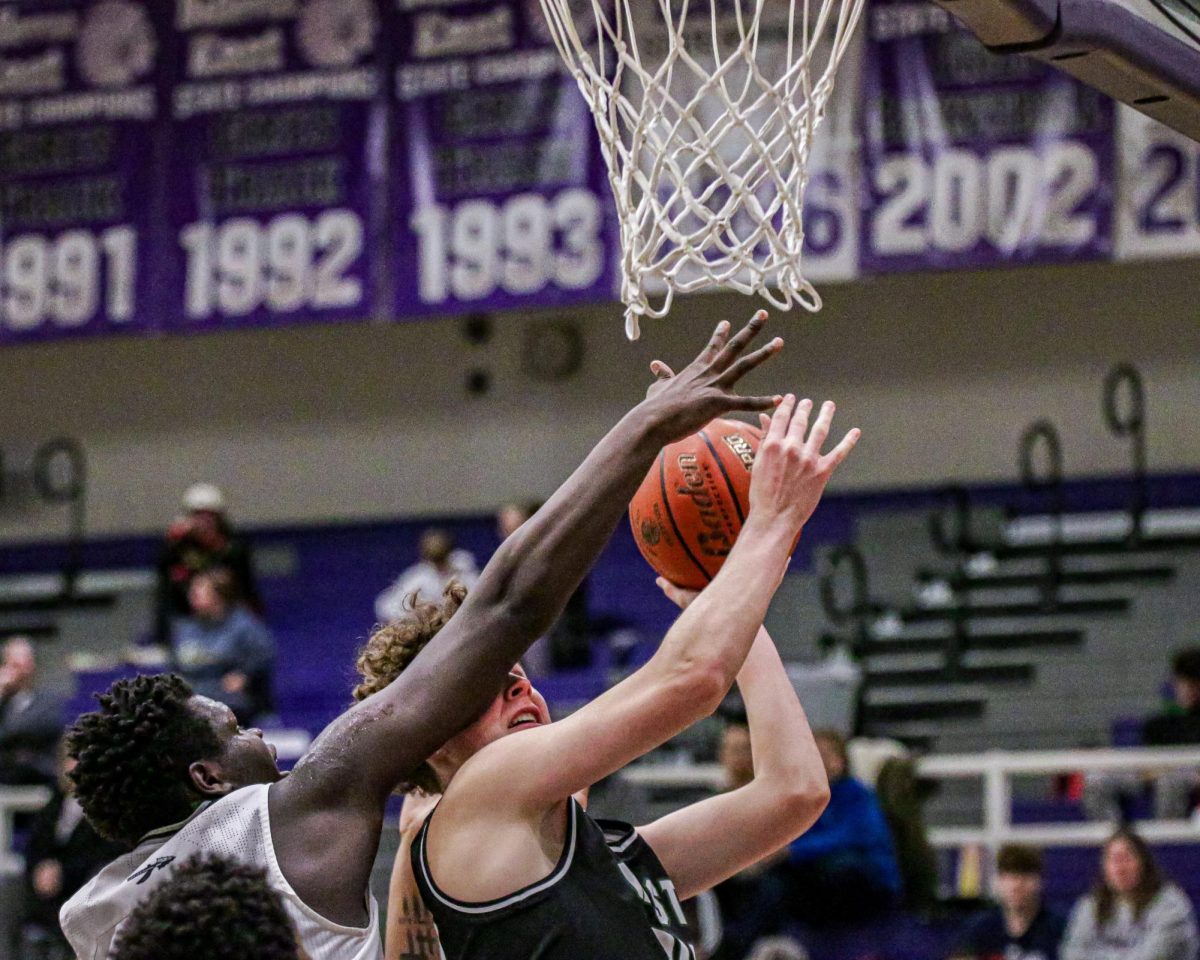
![NEW CHALLENGE, NEW TEAM MEMBERS: Every season, VEX creates a new game that robotics team members are faced with and have to build a robot to compete in. This year’s game forces students to create a robot that is able to stack rings onto mobile goals in order to score points. The change in games each season is something that robotics teacher Audrea Moyers appreciates.
“One of the things that I like about VEX is that they have a new problem to solve every year,” she said. ¨Even though the equipment’s the same, they have to analyze the game, and they have to come up with solutions that are unique that year. They are using their knowledge from prior years, but they have to kind of redesign a problem.”
As returning teams were faced a new game, some new teams and members had to adapt to a uncommon playing field and game.
“Three of our four teams were competing for the first time this year, and they had very different experiences match to match, so I think they learned a lot,¨ she said. ¨It’s hard just watching a video online to know how it’s actually going to be in person, so they all learned a lot about what gameplay is like, how to work with an alliance partner [and] how to adapt during the day to changes.”](https://bestofsno.com/wp-content/uploads/2024/12/IMG_9283-1-1200x800.jpg)

